The former includes pragmatism in relations toward Russia to avoid being dragged into a Western-fueled conflict, while the latter features staunchly socially conservative policies decried by the EU and the US, plus a foreign agent law passed earlier this year to ensure transparency among NGOs, which forced would-be agents of foreign influence to register as such. That measure was also slammed by Washington and its allies.
“They’ll impose sanctions…They can’t very well send in the armed forces or some expeditionary corps. First they feed them some investments, then they impose sanctions; first they open a visa regime; then they impose bans, and so on and so forth...This is the primitive scheme in the American version of colonial rule being implemented in relation to Georgia,” the observer said.
“In this case, the plot is aimed not so much at destabilizing the domestic situation, but is a purely political technological approach designed to force Georgian Dream to accept the idea of a coalition,” Tarasov said. Once inside, the opposition can block certain policies, including regional economic and infrastructure projects like the North-South Transport Corridor that would allow Tbilisi to escape the West’s political and economic grip entirely, according to the analyst.

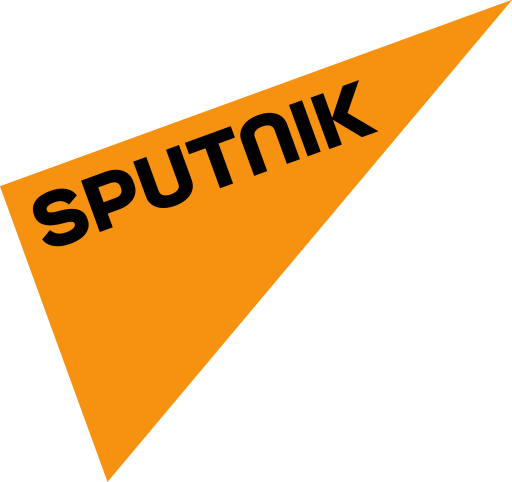 5 months ago
36
5 months ago
36
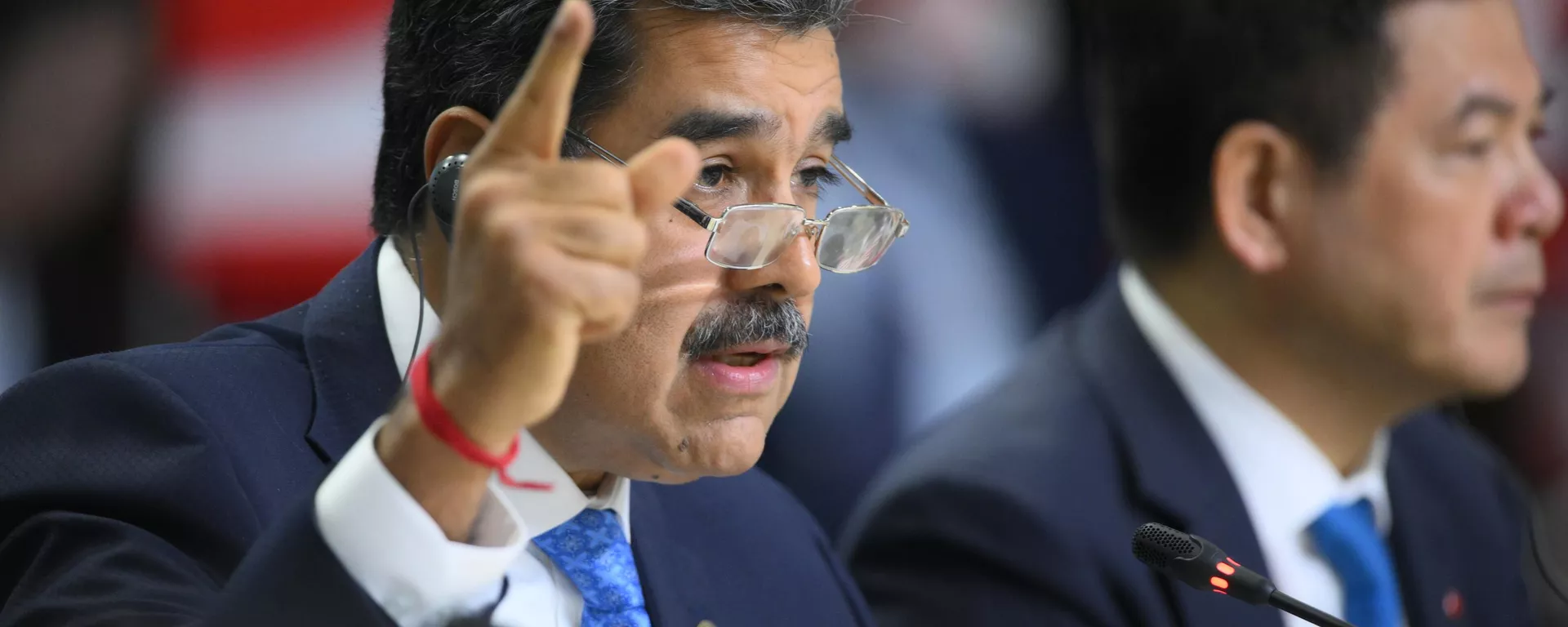
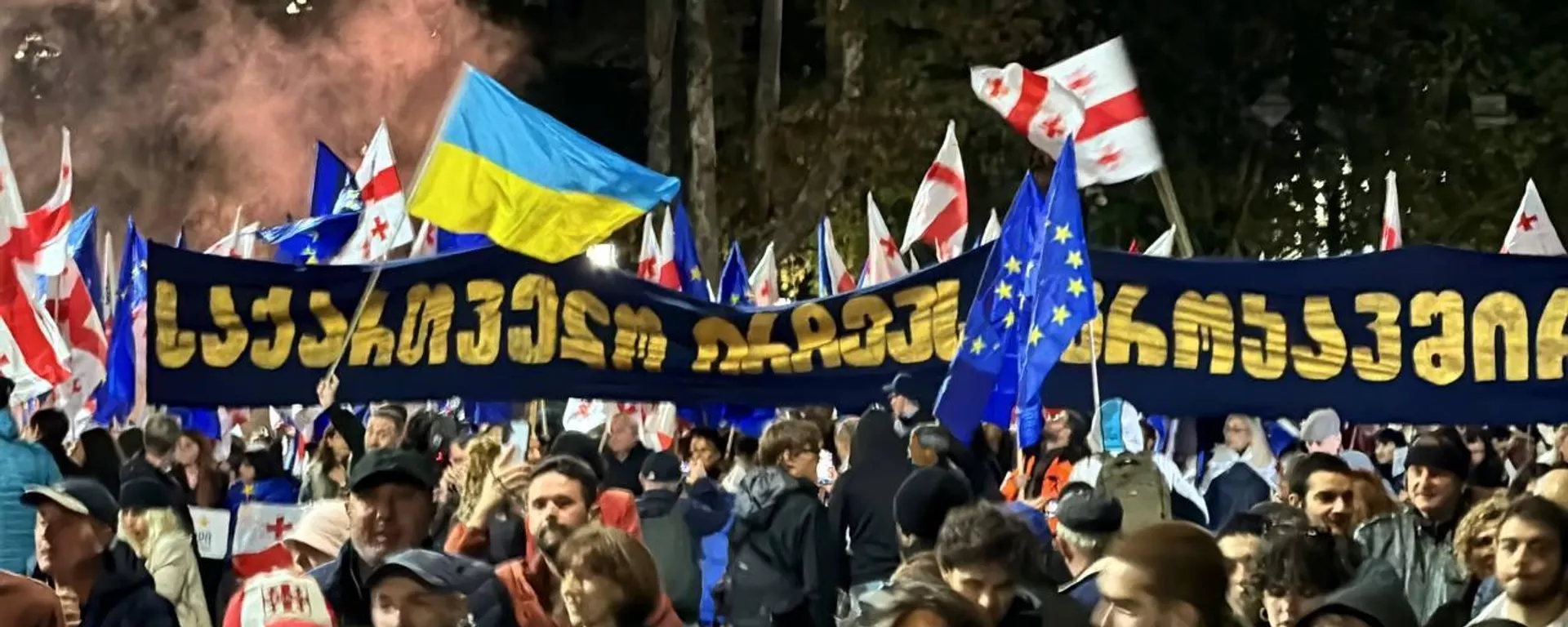
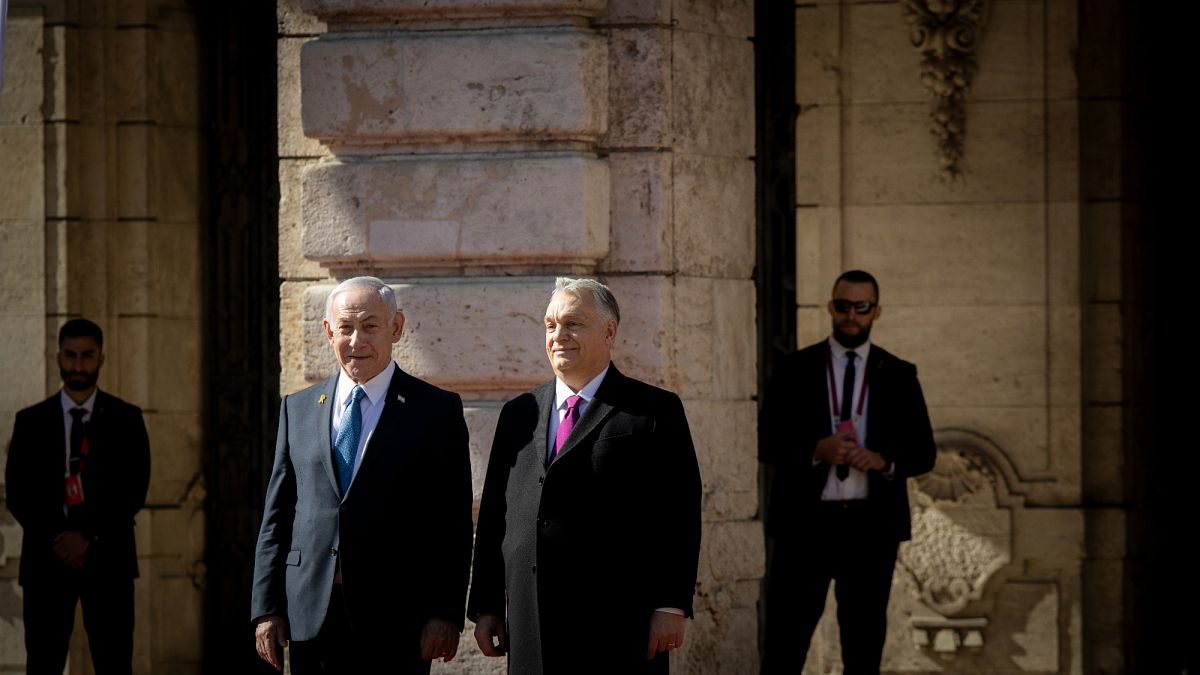
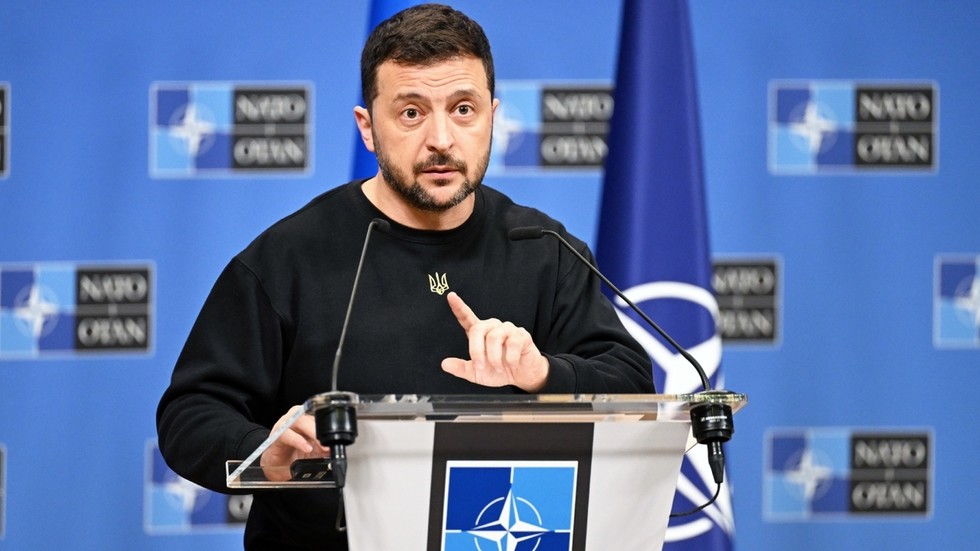
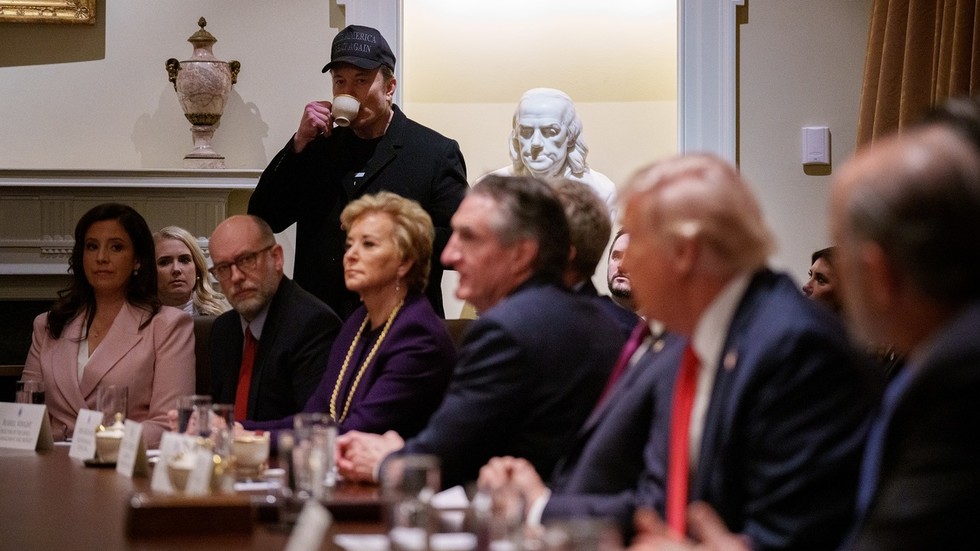

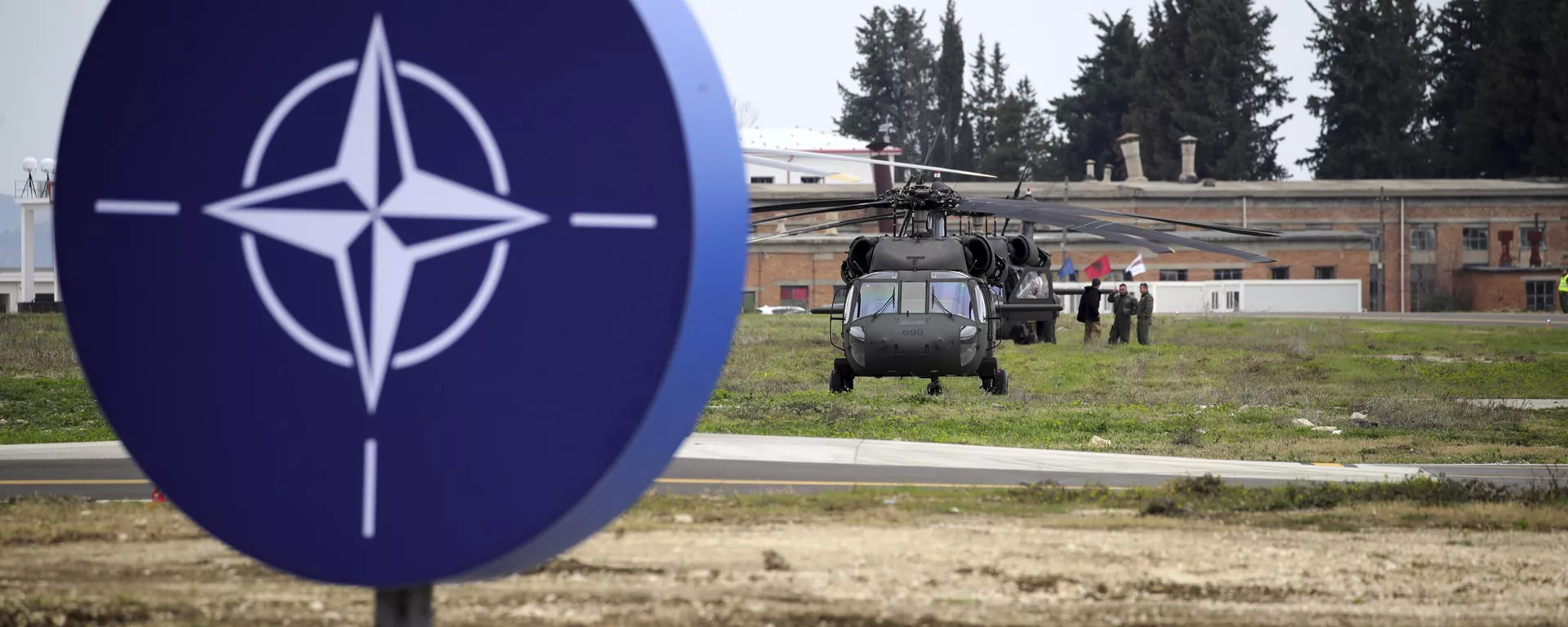
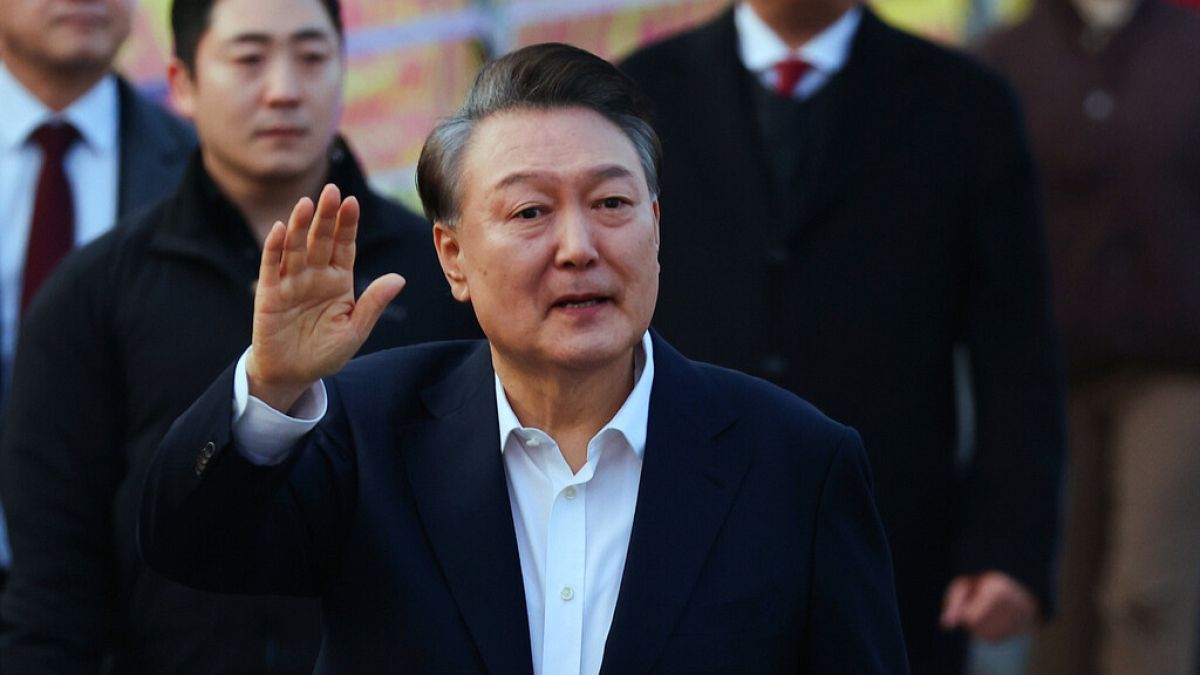
 We deliver critical software at unparalleled value and speed to help your business thrive
We deliver critical software at unparalleled value and speed to help your business thrive






 English (US) ·
English (US) ·